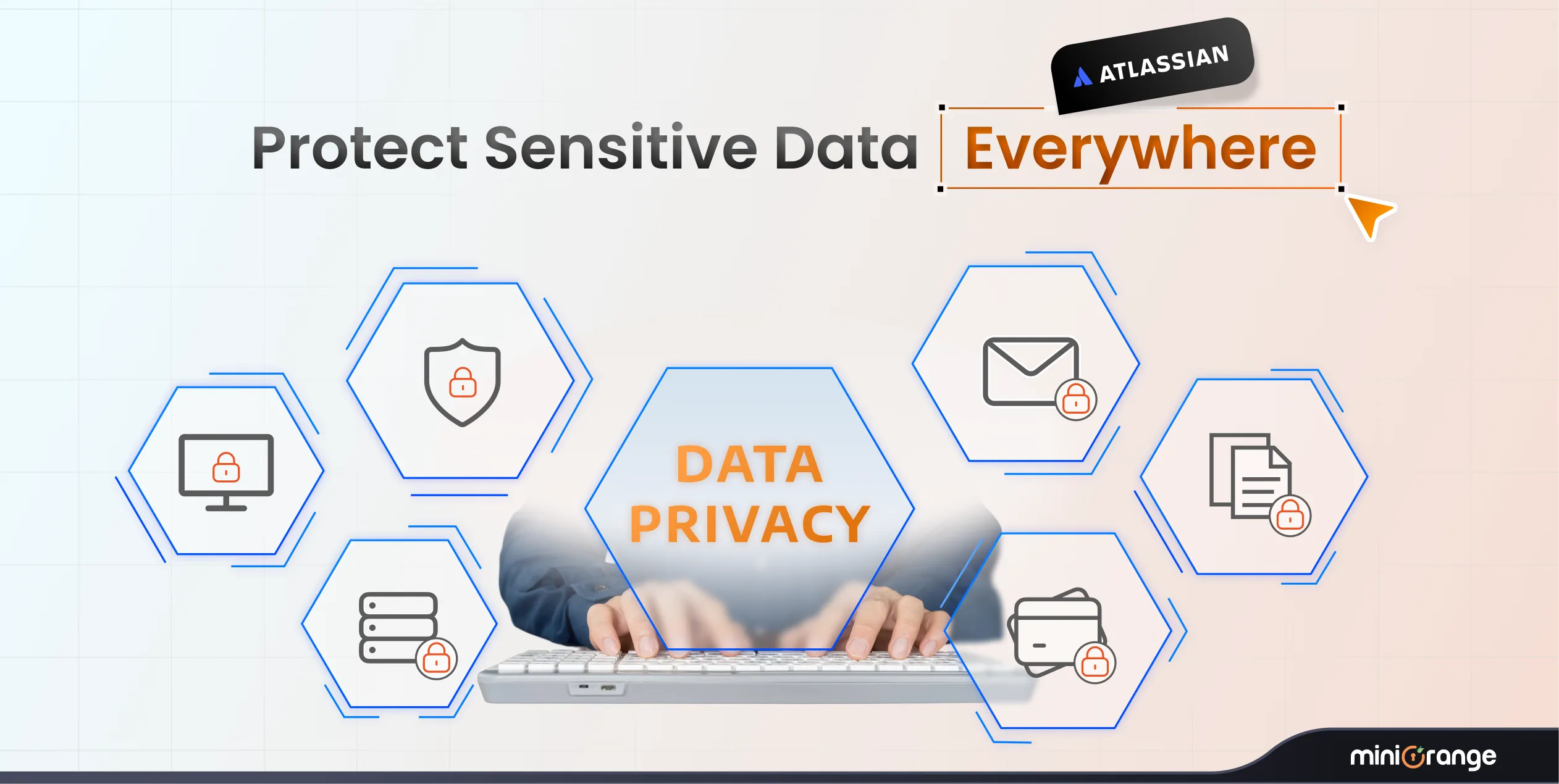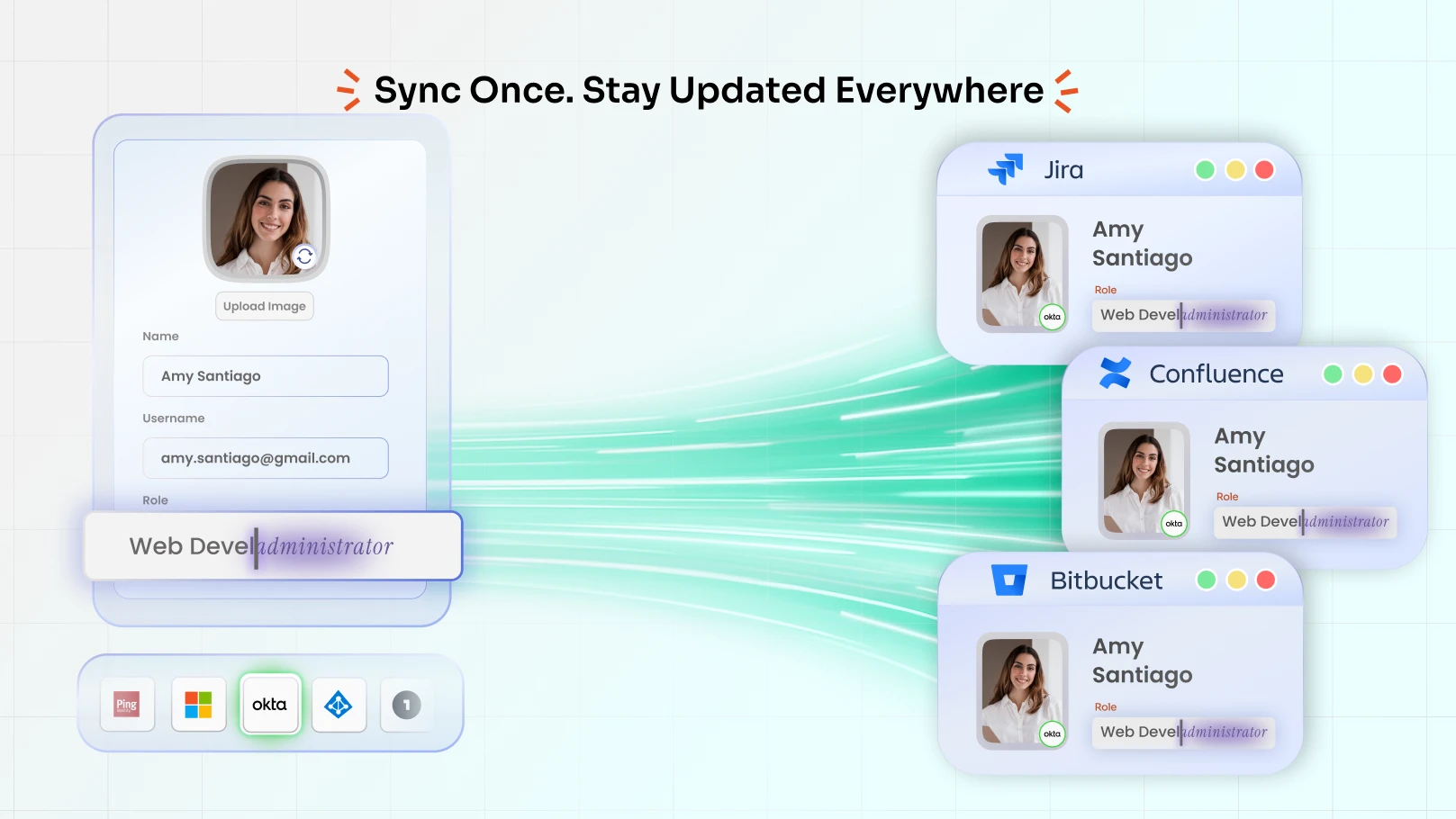Single Sign-On (SSO) has become the go-to method for simplifying access across enterprise applications. By allowing users to log in via a single set of credentials and access everything from Jira to Confluence and Bitbucket, SSO reduces friction and improves user productivity. But while SSO centralizes authentication, it can also limit visibility, especially when something goes wrong.
For technology teams and security leaders, understanding how users are logging in, which method they used, and why a login failed is just as important as granting access. That’s where audit logging plays a critical role. When paired with SSO, advanced audit logging bridges the gap between convenience and control.
Why Standard Login with SSO Is Not Enough?
Organizations today rarely rely on a single source of identity. Instead, they often manage access through a combination of identity providers (IdPs) like Azure AD or Okta, native Jira users, and a growing number of external contractors or temporary collaborators. While Single Sign-On (SSO) helps consolidate authentication across platforms, it also introduces a hidden challenge: reduced visibility for administrators.
When a user can’t log in, the expectation is that IT or support teams can quickly diagnose and resolve the issue. But that’s easier said than done when standard logs fall short. Jira’s default audit logging, for example, might tell you when a login was attempted and who attempted it, but not much else. Critical questions remain unanswered:
- Was the login attempt made through the SSO connection or directly using Jira credentials?
- Did the failure occur due to an incorrect password, a missing user attribute, or an IdP-side issue?
- Was the user even eligible to log in through that method?
Without this context, IT teams are left with blind spots in environments where security and compliance are non-negotiable.
Moreover, if your organization operates in regulated industries — such as healthcare, finance, or government — audit trails aren’t just helpful; they’re required. Inability to show detailed access logs during an audit can lead to compliance failures, penalties, or reputational damage. In short, basic logging may be fine for low-risk environments, but for organizations with hybrid authentication flows and security obligations, it simply doesn’t go far enough.
Advanced Audit Logging is a Must-Have
To address these challenges, organizations need more than timestamps and usernames. They need actionable audit data, that is, information that not only records events but enables investigation, enforcement, and accountability. That’s where advanced audit logging comes in.
A robust audit logging solution for SSO environments should include the following:
- Login Method Tracking : Not all login attempts are equal. You need to know how the user tried to log in, whether it was via SSO, Jira’s native login form, or a fallback method. This is especially important when you're managing multiple IdPs or when only certain users are supposed to authenticate via SSO. Visibility into login paths is the first step in narrowing down access issues.
- Success vs Failure Logging : It’s not enough to log that a login was attempted; you also need to know if it succeeded or failed. More importantly, you need to know why it failed. Was the user not found in the directory? Did they enter the wrong credentials? Did the SSO token expire? This level of granularity transforms logs from static records into real-time diagnostic tools.
- User-Based Filters : Imagine trying to track down a specific user's activity across hundreds of entries. Without the ability to filter by username or email, you're forced to manually sift through irrelevant data. User-based filtering allows you to instantly pull a user’s complete authentication trail, speeding up investigations and reducing manual effort.
- Date-Range Search : When a security incident occurs or an audit request is raised, precision matters. You should be able to search within specific time windows, whether it’s the past hour or a specific date range last month, to correlate activity with reported issues or system events.
- Logout Tracking : Logins are just half the picture. Without logout data, there’s no clear view of session lifecycles. Tracking logout events helps confirm whether users are terminating sessions as expected, whether session timeouts are working correctly, and whether unauthorized session persistence might be a concern.
Real-World Scenario
Imagine this: an internal employee raises a support ticket saying, “I logged in, but I still don’t have access.”
You check Jira’s default logs and find a login timestamp, but no indication of how they tried to log in, or why it failed. Was it an SSO issue? Did they use the wrong account? Did they get blocked due to a misconfigured attribute?
Now, imagine having advanced audit logs. In seconds, you can see:
- The user attempted log in using SSO
- The request failed due to a missing group attribute
What would have taken hours to piece together manually is resolved in minutes, with clarity, accountability, and precision.
Benefits of Advanced Audit Logging
- Faster Troubleshooting: Support teams can instantly identify where and why a login failed, reducing resolution time and improving user satisfaction.
- Strengthened Security Posture : Detailed logs help detect suspicious behaviour, such as repeated failed attempts or unauthorized access patterns.
- Operational Accountability : With precise tracking, admins can tie every authentication event to a user and a method, enabling better governance and risk management.
Conclusion - How miniOrange Can Help
If you're using Jira, Confluence, or Bitbucket with SSO, visibility shouldn’t be an afterthought. The miniOrange OAuth SSO plugin enhances your authentication setup with Advanced Audit Logging that offers everything your default logs are missing, from login method tracking to success/failure insights and logout visibility.
With intuitive filters, real-time logs, and support for multiple identity providers, miniOrange empowers your admins with the tools they need to secure, monitor, and troubleshoot user access effectively.




Leave a Comment